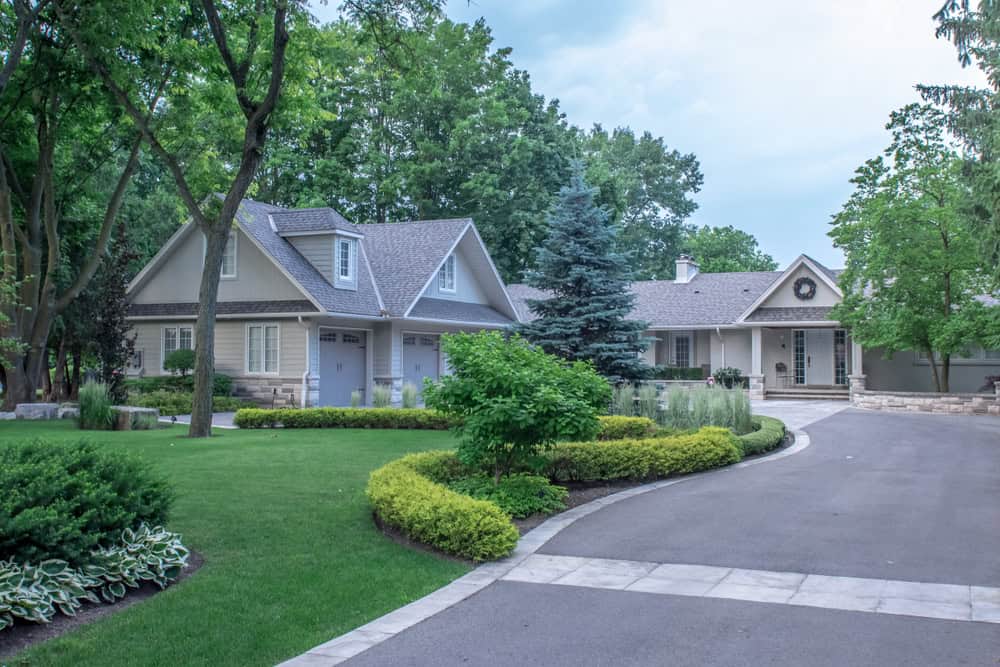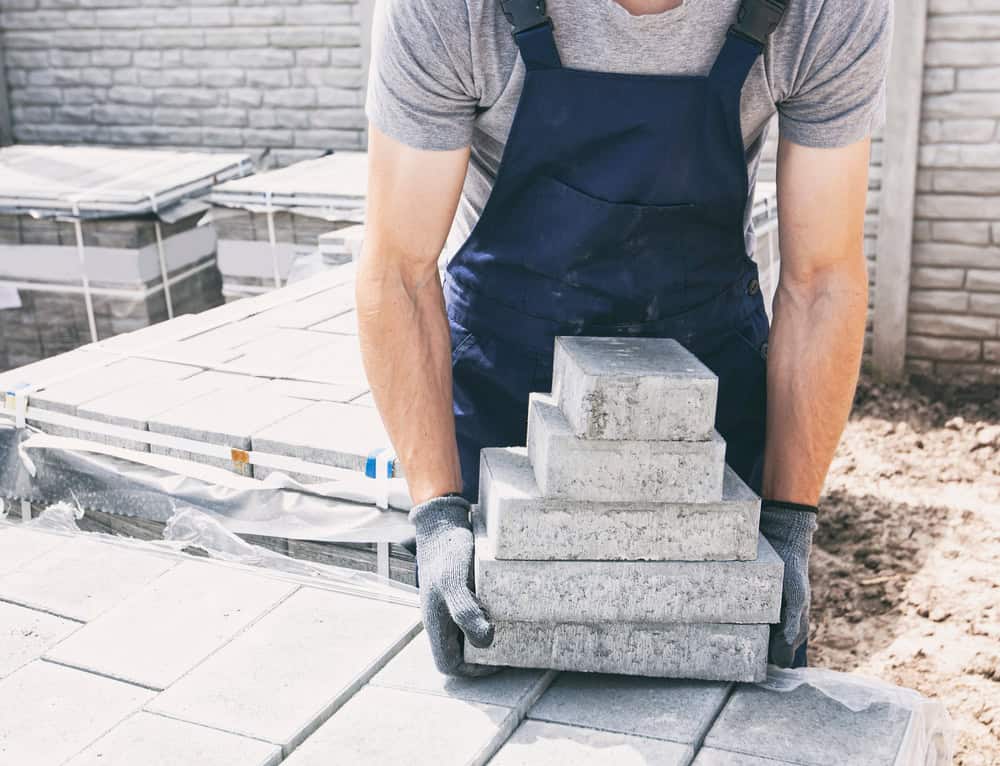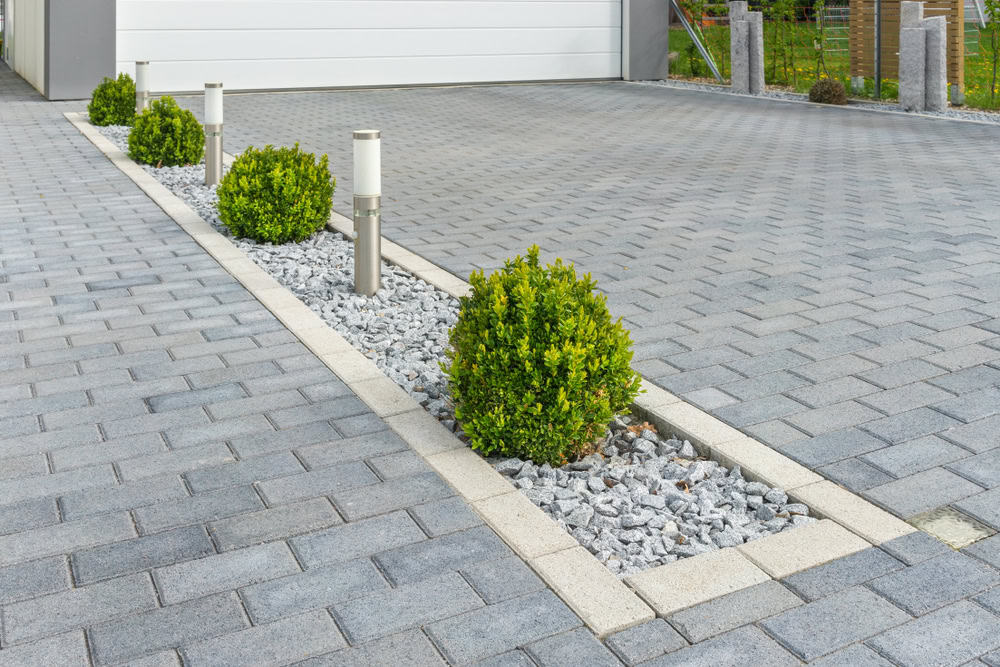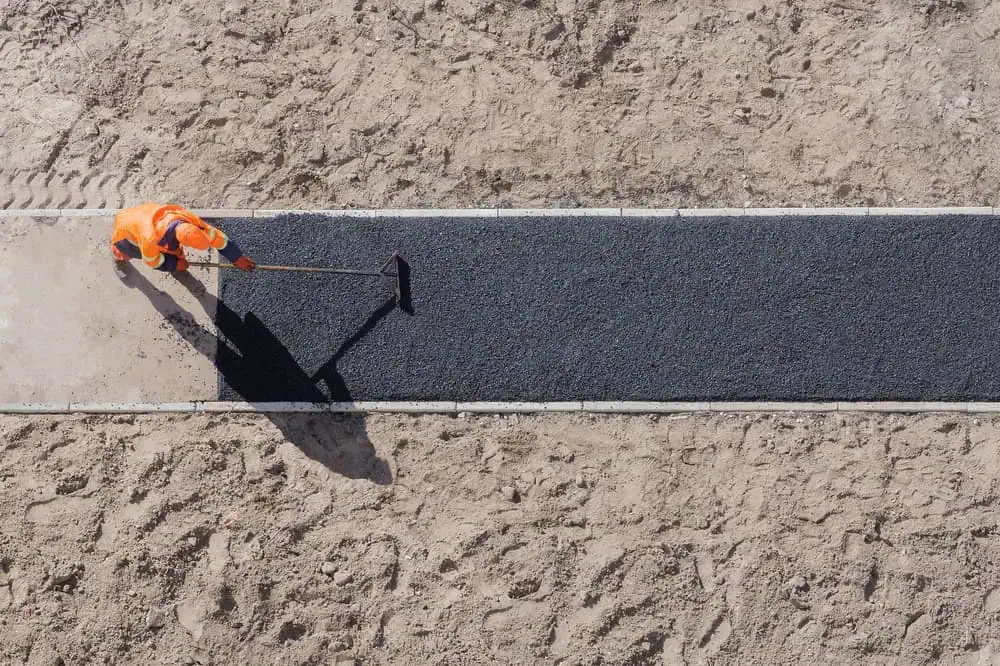Professional paver installation that handles New England weather and looks stunning for decades.


You’ll have a patio that doesn’t shift, sink, or sprout weeds every spring. No more looking at that cracked concrete or uneven stones that make your outdoor furniture wobble.
The right pavers, installed correctly, give you a space where you actually want to spend time. Morning coffee feels different when you’re sitting on something beautiful. Evening gatherings happen naturally when your patio invites people to stay.
Your property value goes up, but more importantly, you get to enjoy the space while you live there. That’s what happens when the foundation is done right and the materials are chosen for Massachusetts weather, not just looks.
Academy Masonry has been installing pavers in Watertown and surrounding communities for years. We’ve seen what happens when corners are cut, and we’ve learned what it takes to build something that lasts.
Every project starts with understanding your soil, your drainage, and what your space needs to handle. We’re not the guys who show up, lay some pavers, and disappear when problems surface later.
You’ll work with people who live in this area, understand the local conditions, and stand behind our work because our reputation depends on it.

We start by looking at your space and understanding what you want to accomplish. No pressure, just honest conversation about what works and what doesn’t.
Next comes the foundation work that most people never see but determines everything. Proper excavation, base preparation, and drainage setup. This is where corners get cut by other contractors, and it’s where we spend the time to do it right.
Then we install your pavers with the attention to detail that keeps them level and secure. Final steps include proper edging, joint sand, and a walkthrough so you know exactly how to maintain your new space. You’ll have our contact information for any questions that come up later.

Ready to get started?
Every paver installation includes proper base preparation, professional-grade materials, and installation techniques that account for Massachusetts freeze-thaw cycles. You’re not getting the shortcuts that cause problems later.
We handle the permit process when needed and coordinate with other trades if your project involves utilities or landscaping. Material selection happens with your input, but you get our honest opinion about what works best for your specific situation and budget.
Your project includes a detailed timeline, regular communication, and cleanup that leaves your property better than we found it. We’re not done until you’re satisfied with both the work and the process.

Local Resources